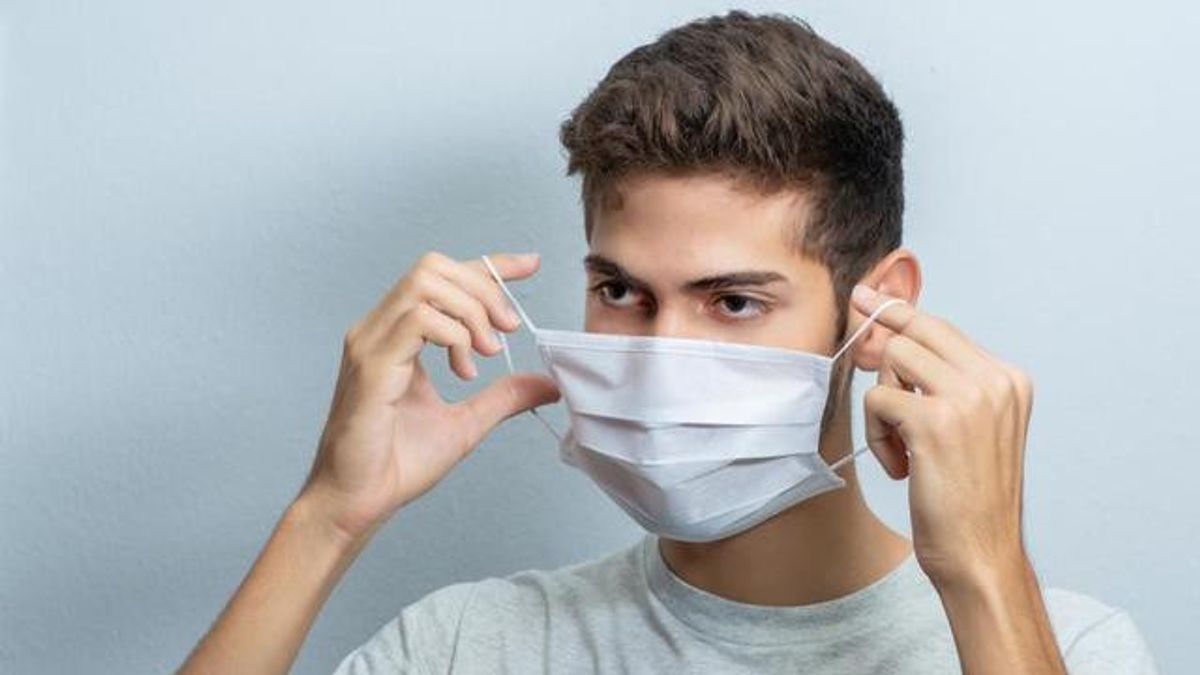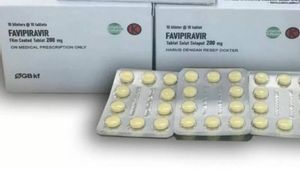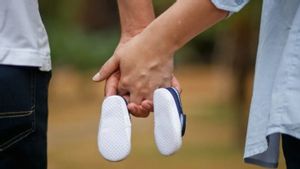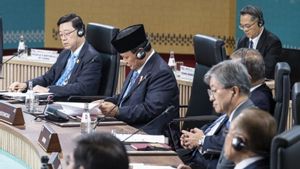JAKARTA - Tired of all the restrictions, health protocols, and uncertain situations, a number of countries, especially in Europe, have given up and have chosen to live side by side with COVID-19. A number of countries in Europe, among others: Denmark, Norway, Austria, England, France, Ireland, Sweden, and Switzerland. In Southeast Asia, Singapore chose that strategy. For them, enough is enough.
It's been two years since the whole world has been turned upside down against COVID-19. Not finished with the Delta variant, the Omicron variant appears. I do not know what other variants will follow. Vaccinations are boosted to achieve communal immunity to be effective against any variant. Vaccination has been done, the restriction policy is already strict. However, COVID-19 doesn't seem to want to go away.
The Singaporean government on Thursday 17 February 2022 announced that it would impose quarantine-free measures on people arriving from the United Arab Emirates, Qatar, Saudi Arabia, and Hong Kong. In addition, Singapore also imposed a travel bubble with 24 countries, including Australia, Britain, and the United States.

The Maritime and Port Authority of Singapore has also implemented a Vaccinated Travel Route (VTL) system with two islands in Indonesia, namely Batam and Bintan. People arriving to Singapore via sea freight from the two islands do not need to undergo a rapid antigen-based test for seven days prior to traveling. Their quarantine period was also reduced from 14 days to seven days.
"We can no longer close the border. There must be a way for Singapore to develop a living system in the midst of the COVID-19 pandemic without compromising its preparedness and economic needs," said Singapore's Minister of Transportation, S Iswaran.
G-7 Countries
Meanwhile, in Japan, Prime Minister Fumio Kishida will announce policies related to border relaxation at 19.00 local time or 17.00 Jakarta time. Japan's decision to close their borders has an impact on the economy and people's daily lives.
The Japanese government has faced criticism from economic actors, universities, and nursing institutions for the elderly due to border closures. Therefore, Japan decided to carry out a controlled relaxation of the border. The plan is that the quota for arrivals from abroad will be increased from 3,500 people per day to 5,000 people per day.
Compared to developed countries and the group of the world's seven richest countries (G-7), Japan is very slow in the process of administering vaccines and booster doses. Only 11 percent of the Japanese population were given a booster dose. Compare this with its neighbor, South Korea, which has reached 50 percent.
Meanwhile, Denmark believes that COVID-19 has reached its peak and more than 60 percent of the population has been vaccinated against the third. This vaccination coverage rate is higher than other European Union countries, which are only 45 percent on average. Coupled with those who have tested positive for COVID-19, approximately 80 percent of Danes already have immunity to COVID-19.
Without a restrictive policy, responsibility shifts to each individual. If they feel symptoms and are positive for COVID-19, residents are advised to self-awareness to self-isolate at home for 4-5 days.
Britain took a similar strategy. British Prime Minister Boris Johnson said it was time for Britain to learn to coexist with COVID-19 after three times of imposing a nationwide lockdown. For the record, despite the strict policies, the number of deaths in the country reached 159,000 people.

Learning to live with COVID-19 means travelers who have been vaccinated can enter the UK without needing to be tested again for COVID-19. However, those who have not been vaccinated will still have to undergo a COVID-19 test upon departure and arrival. For the UK, what is important is that the booster vaccine program has been boosted (84.6 percent of the population has been vaccinated), the stock of COVID-19 drugs is guaranteed, and the Omicron variant is not as big as Delta so that deaths can be prevented.
The Danish and British strategies were also carried out by Sweden in exactly the same way. Taking public transportation is no longer necessary to wear a mask. People no longer need to show proof of vaccination when they want to enter any building.
However, the strategy of "living with the virus" had to be chosen because the cost of testing for COVID-19 was still considered too expensive. Sweden spends up to 55 million US dollars or around IDR 789 billion every week for COVID-19 tests alone. Because more than 90 percent of Sweden's 8.6 million population have been vaccinated or recovered from COVID-19, this bold step was taken.
In Norway, even though 91 percent of the population has been vaccinated, masks are still mandatory to wear on public transport and shops or in locations where it is difficult to maintain physical distance from other people.
Not yet over
Seeing that many countries are choosing to live with the virus, the World Health Organization (WHO) is concerned that it is too early. In fact, the pandemic has not ended and has not become endemic. COVID-19 will continue to evolve and mutate so that new variants will definitely emerge and spread throughout the world.
However, WHO Director-General Tedros Adhanom Ghebreyesus acknowledged that the world could escape from the emergency phase of the pandemic if the vaccination target of 70 percent of the population in each country was achieved this year.
SEE ALSO:
WHO Emergency Chair Mike Ryan also asked each country to make plans or strategies to get out of their respective pandemics and not to join other countries in lifting restrictions. This is because every country faces a different situation. Countries that want to reopen themselves should ensure that they will be able to quickly re-impose restrictive policies if conditions worsen.
WHO's concerns are justified. The Omicron subvariant, which is suspected to be able to spread faster than Omicron, has been detected circulating in 57 countries.
The development of COVID-19 is unpredictable. It is difficult to know what other variants will appear, how, and what the impact will be. Uncertain situations are now a part of everyday life. Even so, it doesn't mean we give up.
How about Indonesia?
In the early days of the pandemic in Indonesia, even long before the emergence of an effective vaccine for COVID-19, President Joko Widodo (Jokowi) had predicted about living conditions at peace with this virus.
"There is a possibility (cases) can still go up again or go down again, go up a little more, and go down again and so on. This means that until an effective vaccine is found, we must live in peace with COVID-19 for some time to come," said Jokowi, in a press release from the Press, Media, and Information Bureau of the Presidential Secretariat on Thursday 7 May 2020.

However, due to fluctuating cases, the Government of Indonesia gave rise to the New Normal discourse, which is also developing in many countries. This is the forerunner to the emergence of plans to coexist with the SARS-Cov-2 virus
Quoted from VOA Indonesia, Epidemiologist from Australia's Griffith University, Dicky Budiman said, coexistence with the coronavirus must be a goal and be prepared by all countries. This is important to do, because the possibility of COVID-19 becoming endemic is very large. Endemic itself means a disease that will coexist with humans for a long period of time, which can be more than five years. Therefore, said Dicky, social, economic, political, and other sectors must be able to go hand in hand with the corona without the emergence of outbreak cases or extraordinary events.
The English, Chinese, Japanese, Arabic, and French versions are automatically generated by the AI. So there may still be inaccuracies in translating, please always see Indonesian as our main language. (system supported by DigitalSiber.id)















